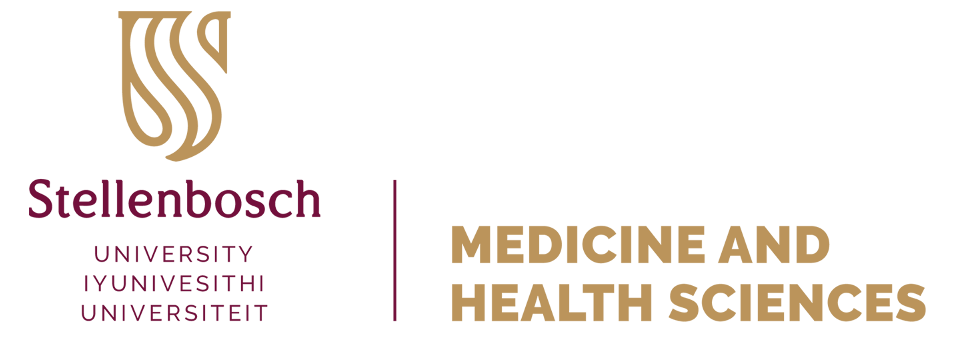
When I got the news of this promotion relatively recently, it marked the end of a slightly uncomfortable process of self-promotion and self-examination. In fact, the promotion was the result of a very long administrative/HR process, which has granted me the luxury of time to reflect upon many things, including my academic career, what a promotion like this may mean to me, and how I would like to approach this position going forward.
The journey of my academic career thus far
In short, I got here by working hard but also with a lot of luck and even more help from mentors, colleagues, friends, and students along the way. There were many people on this journey that provided emotional support, stimulated or challenged me intellectually, and gave me opportunities to grow. And there were many who made this mostly enjoyable, but always worthwhile, along the way.
There are two aspects of how I got here that I would like to acknowledge:
I got here as a privileged, middle-class, white female. I enjoyed the privilege of studying without having to work at the same time. I had a secure upbringing in a lovely suburb of Cape Town, and two supportive parents that put me through good schools, and who also took care of all the finances required for my university studies. The fact that both of my parents are academics, scientists, and strong leaders in each of their disciplines respectively, and thus able to provide solid guidance, mentorship, and support throughout my studies and even now, is perhaps the one thing in my life I appreciate most. So, although I had to put in the hard work and dedication, spending many hours sitting in front of my desk, I did not have to overcome any meaningful or real obstacles. Moreover, I have a husband that understands how important my work and career are to me, and who is willing to give me as much time and space as I need to work long hours, travel, and get involved in those extra activities that are sometimes impossible to coordinate with childcare and other responsibilities.
Secondly, I got here thanks to the brilliant mentoring offered by experienced colleagues. I realize that I have been enormously lucky to have the support of mentors that have always made me feel like I was worthy of their time and efforts.
Work, pleasure and meaning
If I can offer colleagues, students, and patients what I received so generously over the years, I’d be content. I am hoping to continue being a positive influence as a colleague and a peer, and to treat those with whom I work with respect and with a sincere appreciation of their service to patients, and their contributions to research and higher education. I want to continue carrying out research that I believe can make a difference and have a positive social impact. I also want to help my students learn and grow and become what they want to be. In short, I believe that being a professor at Stellenbosch University will grant me the privilege and opportunity to continue doing all the things that I love.
Going forward
My main research interests are focused on the compulsivity/impulsivity spectrum of disorders, including obsessive-compulsive disorder (OCD), trichotillomania (TTM, or hair-pulling disorder), and problematic use of the Internet (PUI). OCD is an important mental disorder given its prevalence and associated disability and is a key example of conditions known as obsessive-compulsive and related disorders. TTM is another OCD-related condition characterized by pathological hair-pulling, and resulting shame, distress, and embarrassment. It is under-recognized and undertreated – also in our country. Research on OCD and TTM continues to be a priority for me. My interest in PUI comes in the wake of the explosive growth in Internet use worldwide. When extreme, Internet use may have significant public health importance. It has become clear that action is needed to better understand PUI. In addition to the above priorities, there are other aspects of my research career that are not central but nevertheless worth mentioning as they form part of my plans for the next 5 years. These include being a collaborator on a longitudinal international project on health & wellness in college students. Work on social anxiety disorder and other anxiety disorders also continues. As a member of an international workgroup, I will also continue to contribute to establishing a structured diagnostic interview for ICD-11 (SCII-11). In conclusion, these plans have a specific neuroscientific focus but with broad applicability & implications. I am hoping that the societal & economic impact of the work on OCD/TTM/PUI and related foci include improvements to human/societal health and contributions to relieving the burden and improving quality of life.
In conclusion, as a professor at SU, I aim to remain loyal to the vision, mission, and values of the Faculty of Medicine and Health Sciences. My priorities will remain to facilitate learning as best I can, to do research, and share/translate knowledge from bench to bedside, and to be of service. And I will do so, continuing to support the ICARE2 values of this Faculty, i.e., inclusivity, compassion, accountability, responsibility, excellence, and equity.
